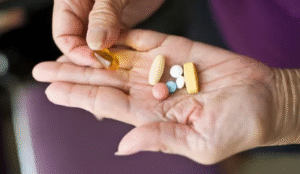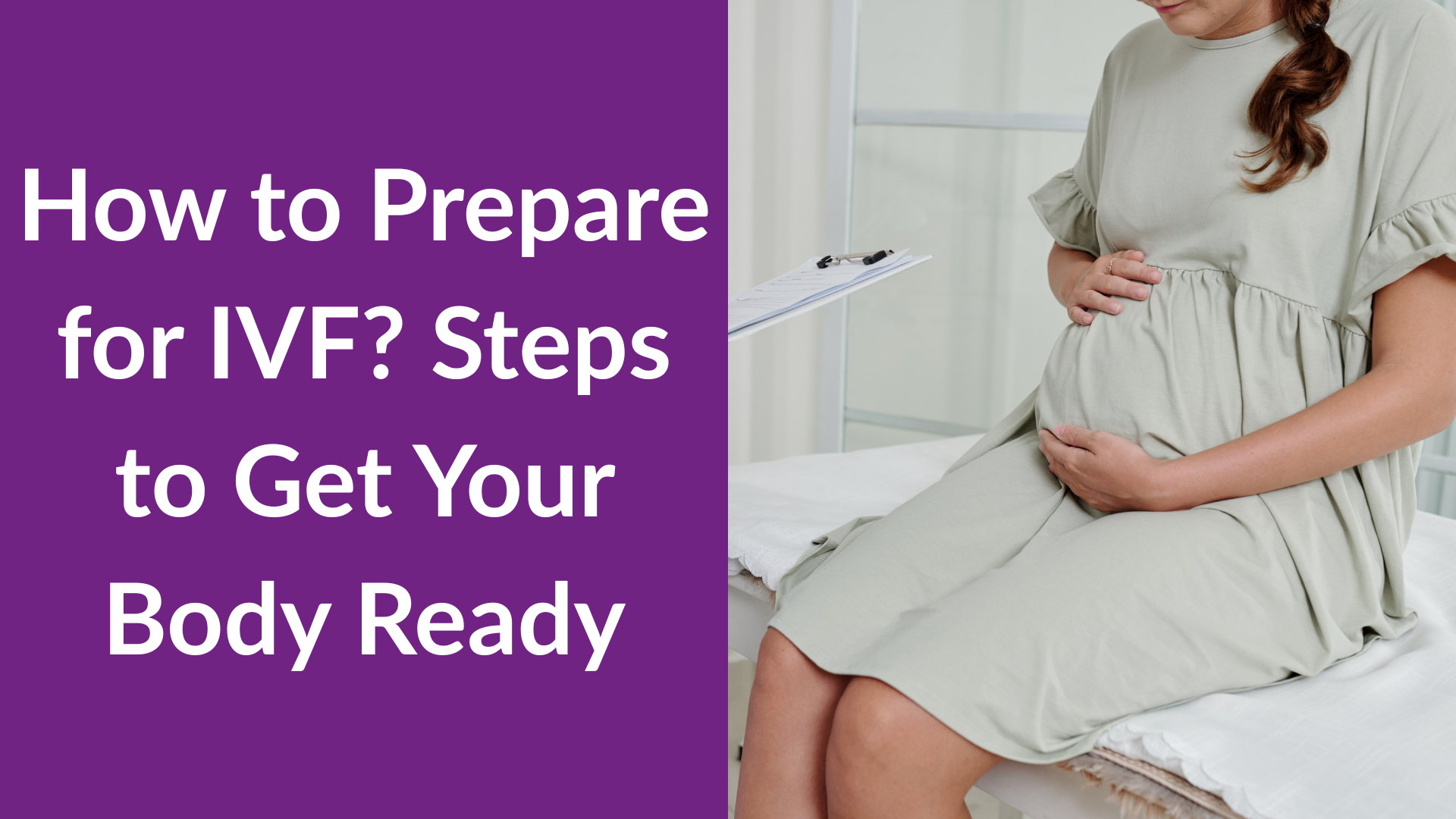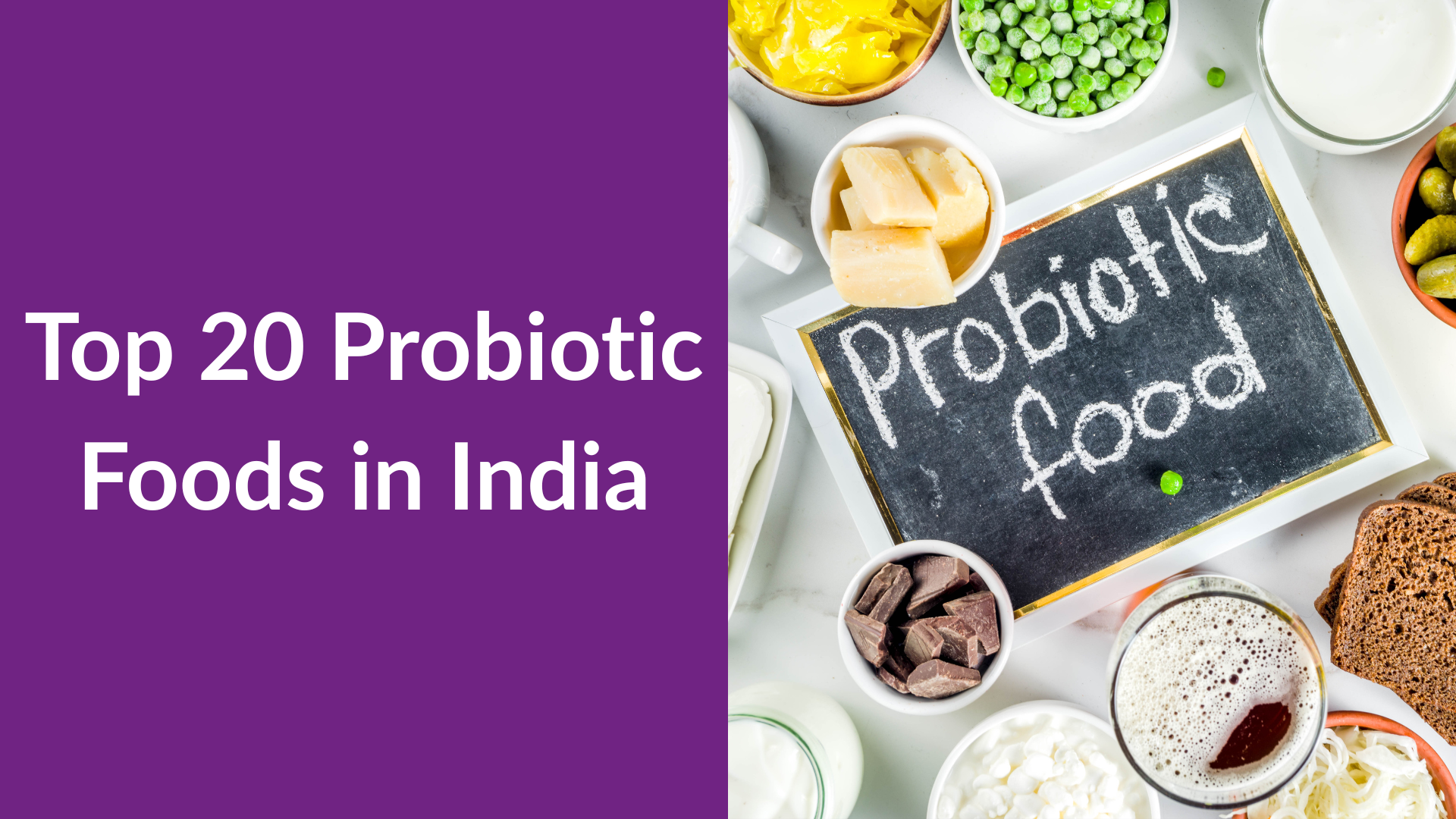Preparing your body for IVF (In Vitro Fertilization) is as essential as the treatment itself. Whether this is your first cycle or you’re hoping to increase your chances of success, this guide outlines key steps to help ensure your body is ready for the IVF journey.
How to Prepare for IVF? Steps to Get Your Body Ready
1. Schedule a Pre-IVF Health Check-Up
Before beginning your IVF cycle, schedule a thorough fertility evaluation. This may include hormone testing, pelvic scans, and a semen analysis (for your partner). A full medical assessment can help identify any underlying health issues that may impact the IVF process.
2. Embrace a Fertility-Friendly Diet


Nutrition plays a crucial role in fertility. Strive for a well-rounded, nutrient-dense diet that incorporates::
- Leafy greens, fruits, and vegetables
- Whole grains and lean proteins
- Healthy fats available in sources such as nuts, seeds, and extra virgin olive oil
Try to minimize processed foods, sugar, and trans fats. For personalized guidance, think about seeking advice from a fertility nutrition expert.
3. Achieve a Healthy Body Weight
Being either underweight or overweight can reduce your chances of IVF success. Aim for a body mass index (BMI) between 18.5 and 24.9 prior to starting treatment. Even small changes in weight, ranging from 5–10%, can enhance ovulation and the chances of successful embryo implantation
4. Manage Stress and Sleep


Ongoing stress and inadequate sleep may disrupt the body’s hormonal balance.. Aim for:
- 7-8 hours of restful sleep each night
- Stress-reducing practices like yoga, meditation, or light exercise
- Emotional support through a therapist or fertility support group
- A calm, rested body is more responsive to hormonal treatments.
5. Quit Smoking, Alcohol, and Cut Down on Caffeine
Smoking and heavy alcohol consumption can severely affect fertility for both men and women. It’s important to quit smoking and drinking at least three months before starting IVF. Limit caffeine to 1–2 cups of coffee (or 200 mg) per day to prevent hormonal disruptions.
6. Begin Prenatal Vitamins Early
Start taking folic acid (400–600 mcg daily) and prenatal vitamins at least 1–2 months before beginning your IVF cycle. These nutrients support egg quality, help prevent neural tube defects, and prepare your uterus for embryo implantation.
7. Prepare Mentally and Emotionally
IVF can be a challenging emotional experience. Mental readiness is essential:
- Set realistic expectations
- Learn about the IVF process
- Discuss any concerns with your doctor
- Consider joining a fertility support group or therapy
A strong emotional mindset can better equip you to handle the emotional fluctuations that often come with the IVF journey
8. Sync With Your Partner
Fertility is a shared journey .It’s essential for you and your partner to be actively involved together.:
- Attend appointments together
- Discuss any financial, emotional, and lifestyle adjustments
- Support each other physically and emotionally
- Strong mutual support strengthens your bond and enhances your well-being during IVF.
9. Follow Medical Protocols Closely
Follow your fertility specialist’s medical instructions to the letter, including:
- Taking medications on time
- Attending all scheduled scans and appointments
- Reporting any side effects or irregularities promptly
- Consistency and precision are vital to keeping the IVF cycle on track.
10. Avoid Unnecessary Medications or Treatments


Do not take over-the-counter medications, herbal supplements, or alternative treatments unless approved by your fertility doctor. Some substances may interfere with IVF medications or disrupt hormone levels.
Final Thoughts
Proper preparation can significantly enhance the likelihood of a successful IVF cycle. By focusing on health, lifestyle adjustments, and emotional well-being, you increase the chances of a smoother and more successful IVF experience. Are you prepared to begin your journey to becoming a parent. Contact your fertility specialist today to begin preparing your body for a successful IVF cycle.




